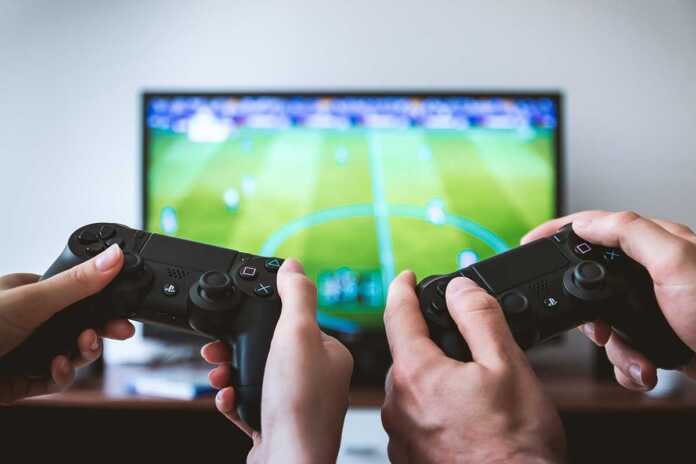Irrespective of the side you are on, there have been recent studies indicating that video games can actually help fight depression and anxiety.
Mental health has become a central narrative to our culture
All video games, not just educational games, are designed to be learning experiences. Let’s see how! Level 1 of any game is easy, because players are usually not very good at a new game the first time, they try it. Instantly, the learning process kicks in, and as one learns the rules, test different strategies, the gaming skills automatically improve. Also, as players succeed and advance in any video game, the game gets harder, which requires players to continue to learn and improve for as long as they are playing the game. This experience of consistently getting better at something is conceived as the signature pleasure of all video games. You Might Also Like: Simple Habits To Make Your Brain Younger According to RaffaelBoccamazzo, a mental health practitioner, Video games can be “a more effective way of bouncing back from negative moods than passive forms of media like TV or movies.” Brian Sutton-Smith, a renowned psychologist observed that most people tend to experience stronger self-confidence, increased physical energy, and powerful positive emotions, like curiosity and excitement, during play. These are the perfect contrast to depression. People who are clinically depressed lack the physical energy to engage with ordinary everyday tasks. They’re overwhelmingly pessimistic, particularly about their own capabilities. And they experience a distinct absence of
Gaming stimulates the brain
When playing games, the focus is always on a specific goal and the player is motivated to take the steps necessary to reach that goal, whether that be to battle bad guys, find a hidden treasure, or even solve a puzzle. The closer one gets to the goal, the more the brain’s reward pathways get activated. When a person is depressed, those two parts of the brain shrink. Gaming can help stimulate those parts of the brain, keeping them active and healthy. Multiple fMRI studies, including a seminal one conducted at Stanford University, have examined the brains of gamers. Their results are quite positive and show that when we play video games, two regions of the brain are continually hyper stimulated. When you think about the experience of playing a video game, it makes perfect sense that these two regions of the brain would be hyper activated. When we play games, we’re immediately and constantly focused on a goal. Whether it’s to solve a puzzle, find hidden objects, reach a finish line, or score more points than other players, the goal focuses our attention and creates a sense of motivation and determination. As we anticipate our potential success, our reward pathways light up, thus releasing positive emotion.
Positive impact of video games
Video games help to improve:
AttentionSpatial cognitionMental rotationVisuospatial cognitionCognitive limitations
Improved mental rotation helps individuals to recognize objects more quickly and accurately, and the improved attention span can prove beneficial to adolescence who find it difficult to focus in classrooms. Video games also help adolescents overcome different fears, such as fear of flying, through simulations. This indeed opens the window for new forms of phobia treatments and therapy that may help individuals suffering from phobias that are normally hard to replicate. You Might Also Like: Survive the COVID-19 Crisis: Tips for Life & Work All in all, we can see that games can cure depression. Video games are useful in managing mild to moderate depression and can be used as therapy to keep patients motivated.




